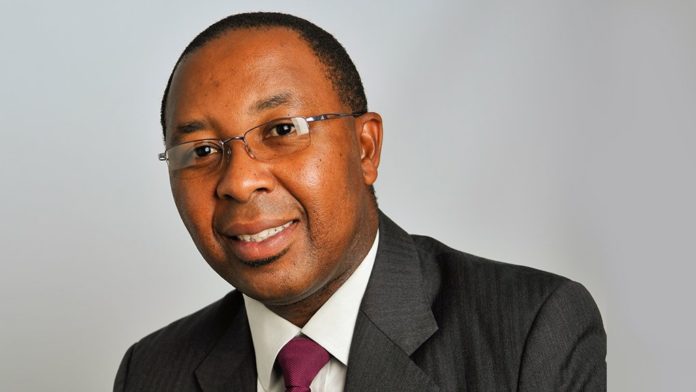Given the pressure on investment yields in developed markets, African nations have an opportunity to attract private-sector funding as they embark on infrastructure development programmes to boost their economies.
As is the case in other markets, infrastructure investments will be key to reigniting Africa’s economic growth and development in the wake of Covid-19. The continent also needs to address its substantial infrastructure deficit. According to the African Development Bank, the infrastructure funding gap is in excess of $100-billion a year.
Considering that many African nations now find themselves in weak fiscal positions, governments are turning to public-private partnerships to deliver large-scale projects.
Market dynamics could well support the mobilisation of private-sector capital and expertise. Compared with developed economies, where interest rates are zero or negative in many cases, returns in Africa can be highly attractive to both global and local investors. At the same time, infrastructure assets in general are well suited to institutional investors as they are long term in nature and often deliver stable, inflation-linked annuity-type returns.
However, to successfully crowd-in the private sector, governments need to ensure they create attractive investment conditions. This involves managing political risk, ensuring that long-term infrastructure planning is robust, building capacity to ensure projects are well structured and bankable, creating policy certainty, and stamping out corruption.
We believe that many African countries are moving in the right direction with regards to protecting investor interests, and we see growing interest in assets on the continent. We consider infrastructure to be the backbone of any economy, and have streamlined our strategy for the sector to align our resources with key themes on the continent.
One sector that we are focused heavily on is transportation. The continuous development and maintenance of transport infrastructure is vital to supporting demand growth, which is being fuelled by the continent’s youthful and increasingly urbanising population. Strong transport networks are also crucial in enabling the efficient movement of commodities and agricultural products.
We continue to seek innovative ways to bank strategic port, road and rail infrastructure projects that encourage intra-African trade and promote regional integration. We are working with various development finance institutions, export credit agencies and multilateral organisations to mobilise infrastructure funding.
Stronger demand for natural resources as global economies recover, alongside investments in efficient ‘pit to port’ or ‘farm to fork’ transportation and logistics infrastructure, will no doubt boost long-term economic growth. And large-scale infrastructure development will assist the continent’s construction and cement sectors, which are significant employers.
In our view, as long as the focus remains on investing in productive infrastructure on which other sectors can operate, infrastructure will drive the economic recovery.
Sustainability should be top of the agenda
African nations also have an opportunity to capitalise on the increasing demand for sustainable investment options, including green bonds, and to ensure that the economic recovery is underpinned by sustainability.
In recognising this trend, Standard Bank last year established a dedicated Sustainable Finance Business Unit to deliver on client demand and maximise our social, economic and environmental impact. Across Africa, we have seen substantial growth this year in demand for bonds that finance social projects.
In South Africa, the government has announced that it intends to open the fifth bidding window for the next phase of the Renewable Energy Independent Power Producer Procurement Programme before the end of the year, and domestic banks are already onboard.
Further, South Africa’s Cabinet approved the National Climate Change Adaptation Strategy in August, which outlines strategies to reduce carbon emissions and prepare society for the effects of climate change. The government has estimated that the cost for implementation over ten years is around $4.69-billion, and that it expects to mobilise public-private partnerships, debt instruments and equity instruments from the private sector, among other sources of finance.
South African President Cyril Ramaphosa recently emphasised the need to build a new, inclusive, climate-resilient economy. There is also a Climate Change Bill under consideration, and plans to establish a Presidential Climate Change Commission, which will be tasked with coordinating the national response to climate change and implementing the carbon tax.
I am certain that we are going to see Africa’s sustainable bond markets grow. Given the scale of the climate crisis and the dire inequality characterising societies around the world, the focus on social and economic impacts is here to stay, and African policymakers and corporates need to position themselves accordingly.
Source: Engineering News



